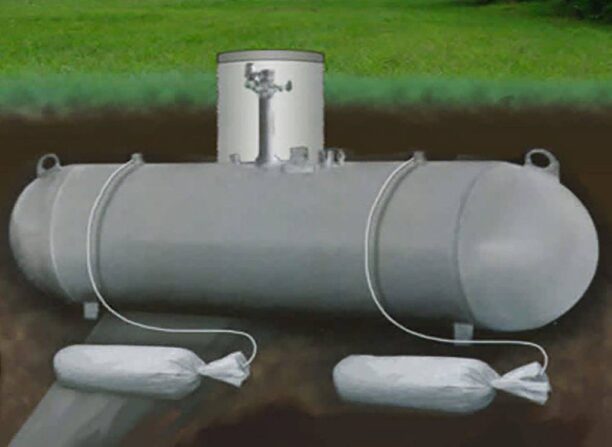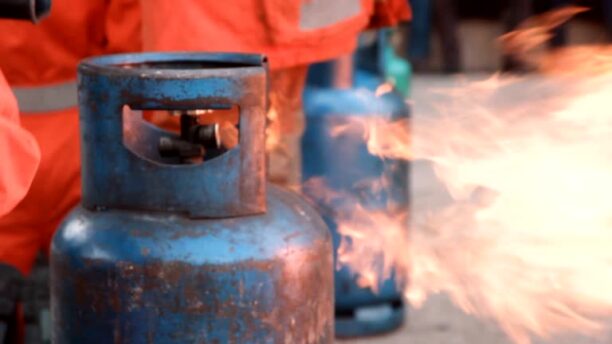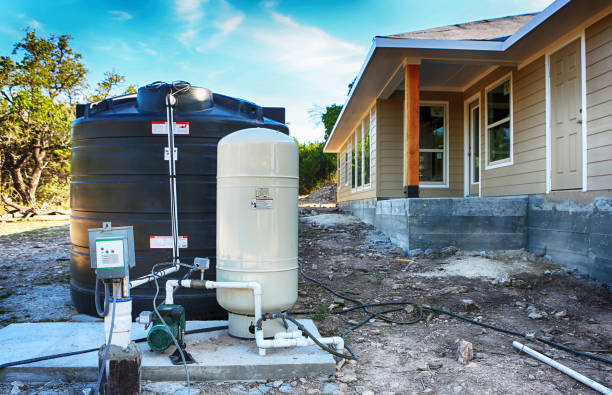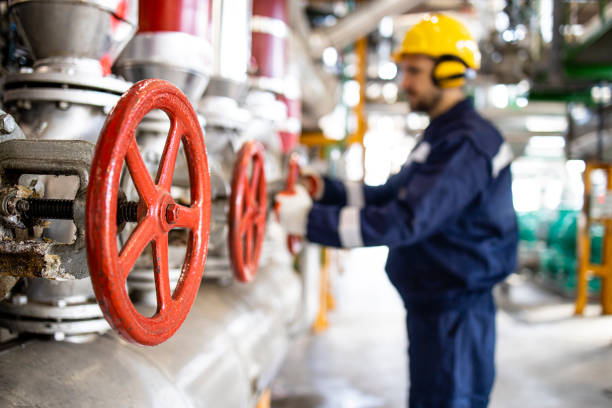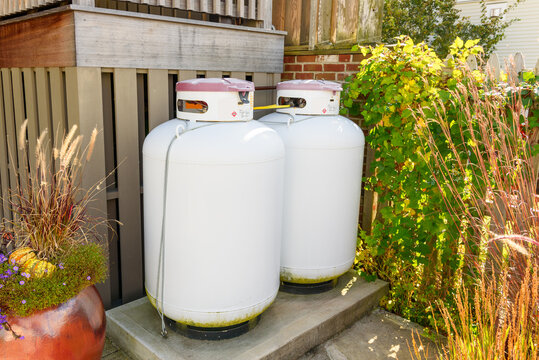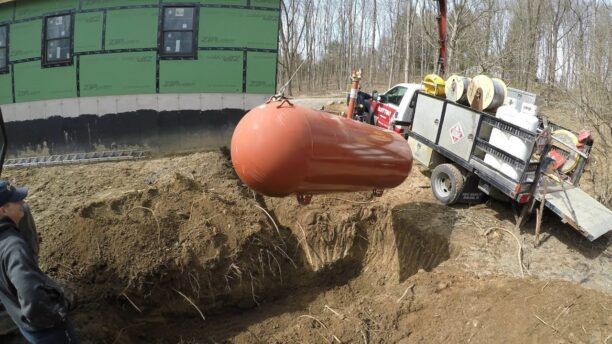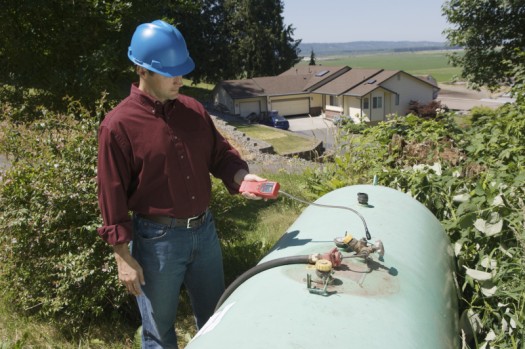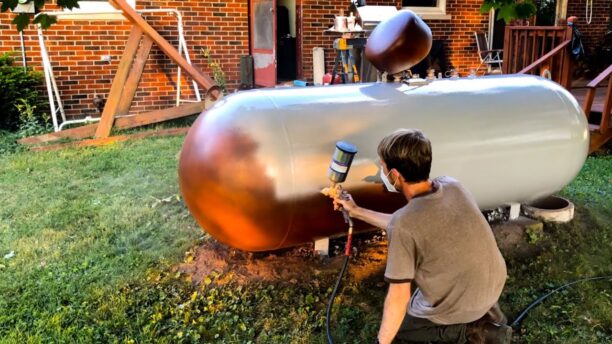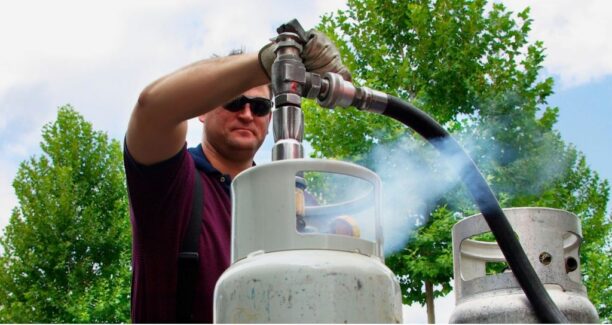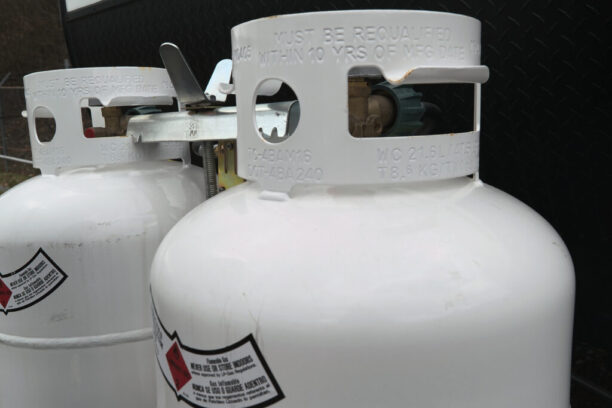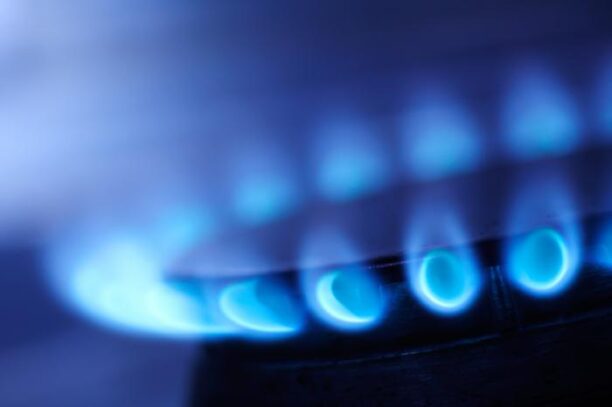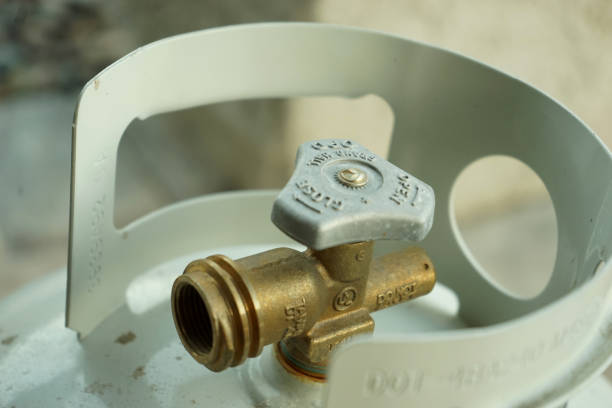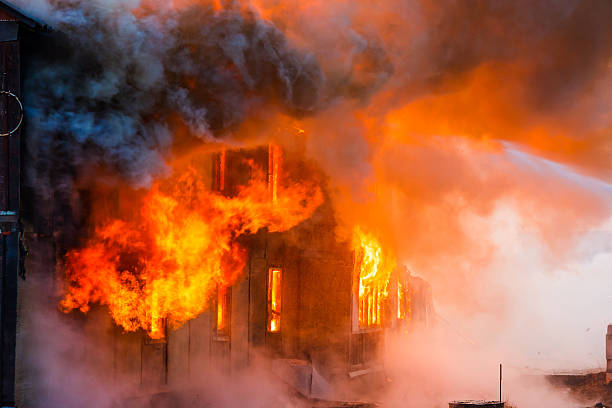Protecting Underground Tanks with Cathodic Protection Testing
Underground propane tanks are a reliable solution for customers who want a clean look for their properties while maintaining access to a steady fuel supply. However, these tanks are exposed to environmental conditions that can cause corrosion over time. That’s where cathodic protection testing comes in – helping propane businesses ensure safety, regulatory compliance, and… Continue reading Protecting Underground Tanks with Cathodic Protection Testing

